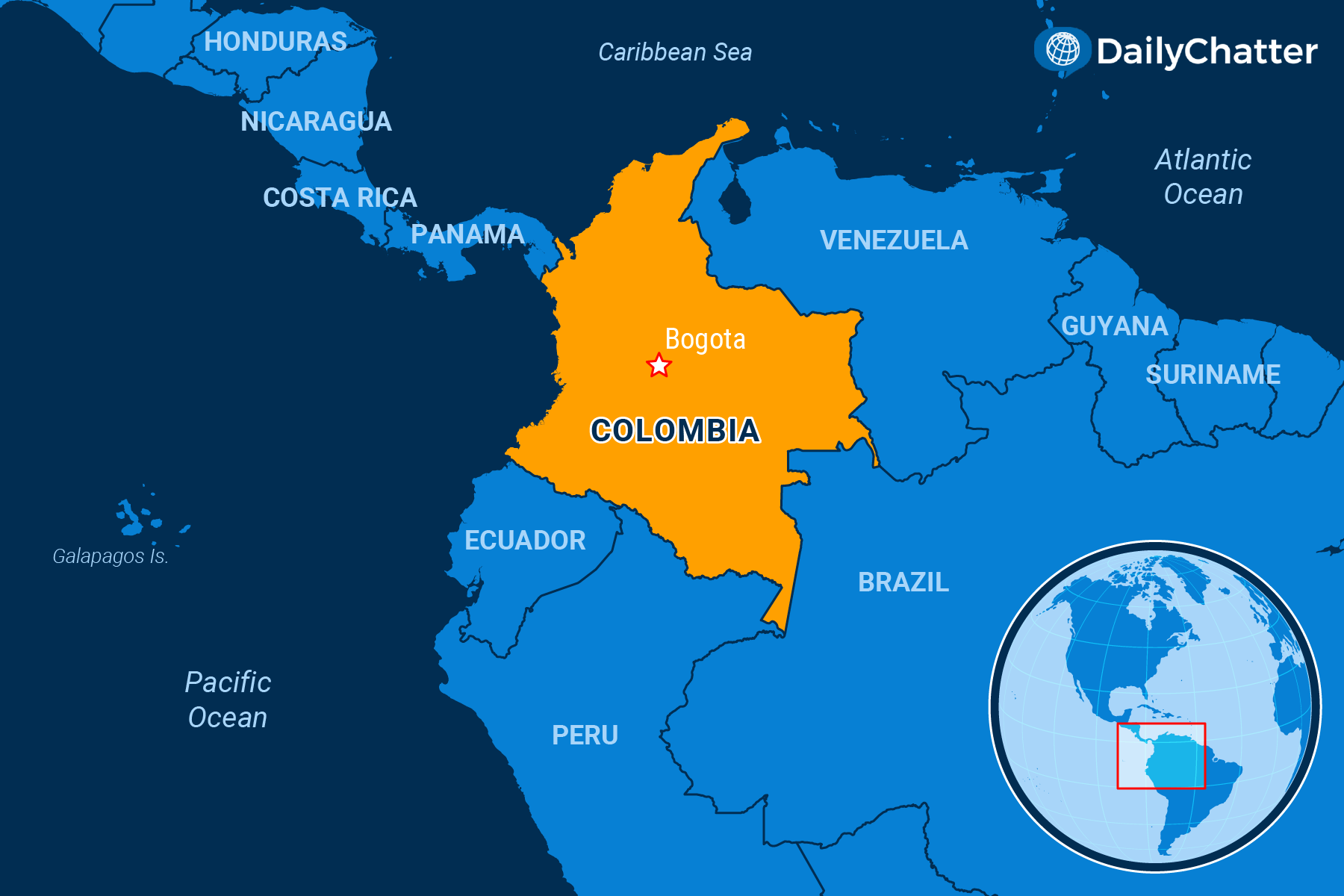The Outsiders
COLOMBIA

Two anti-establishment candidates are heading for a runoff following this weekend’s presidential election, one that dealt a major blow to Colombia’s political class, Axios reported.
Leftist Senator Gustavo Petro secured more than 40 percent of the vote, while his right-wing populist rival Rodolfo Hernandez came in second with slightly more than 28 percent. A candidate needed more than 50 percent to avoid a runoff, which will take place on June 19.
Analysts said the elections have become among the most consequential in Colombia’s history, and could set the country on an uncharted path, according to the New York Times.
Petro, a former mayor of Bogota and rebel fighter, vowed to fight inequality and overhaul Colombia’s economy by implementing tax reforms and other measures. These include offering free university education and opposing the expansion of the fossil fuel industry. He has consistently led the polls ahead of Sunday’s election and a Petro victory could set up a clash with the United States – Colombia’s closest ally.
Meanwhile, Hernandez’s gains surprised many observers, who noted that the candidate was relatively unknown until a few weeks ago. He has branded himself as an anti-corruption candidate and has proposed a program to reward citizens who report corruption.
Still, some criticized him as undemocratic after he suggested declaring a 90-day state of emergency and suspending all judicial and administrative functions to tackle corruption.
His second-place victory shows that many Colombians are ready to elect anyone who is not represented by the country’s mainstream conservative leaders.
